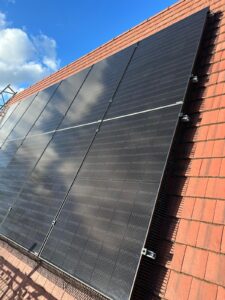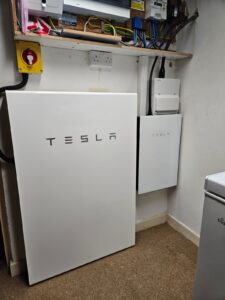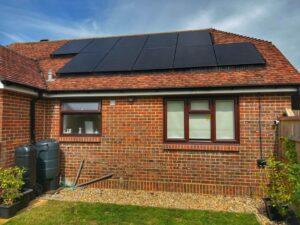As the UK faces ongoing fluctuations in energy costs, many homeowners are keeping a close eye on the energy price cap, set by Ofgem, the energy regulator. This price cap limits how much energy suppliers can charge for each unit of electricity or gas, providing some protection for consumers from steep price hikes. However, with prices still high compared to previous years, understanding how these changes affect your household bills and how to mitigate them is crucial.

What’s Happening with the Energy Price Cap?
The energy price cap is reviewed every three months by Ofgem, and it reflects the wholesale costs suppliers incur. Although the price cap has fallen from the unprecedented highs we saw in 2022, the current levels still leave many households struggling with rising energy costs. For the typical household, annual energy bills under the cap are still around £1,923 as of October 2024, compared to pre-2022 figures of around £1,200-£1,400.
This is a significant concern as we head into the colder months, with the cap reflecting market volatility driven by global factors like the ongoing energy crisis, geopolitical tensions, and high inflation rates.
How Solar Panels Can Help
One way to gain greater control over your energy bills and reduce reliance on grid electricity is to invest in solar panels. Here’s how fitting solar panels can shield you from the effects of rising energy prices:
- Cut Your Energy Bills: Solar panels allow you to generate your own electricity, reducing the amount of power you need to purchase from your energy provider. On average, solar panel systems can reduce your electricity bill by up to 70%, depending on your energy consumption and system size.
- Earn Money with the Smart Export Guarantee (SEG): Any excess electricity generated by your solar panels can be sold back to the grid, thanks to the Smart Export Guarantee (SEG). This means you could even make money while generating clean energy for your home, especially in the summer months when daylight is longer.
- Stable Costs Amid Price Hikes: Solar energy offers long-term stability. While the energy price cap might continue to fluctuate, homeowners with solar panels are cushioned against unexpected price spikes. The initial investment in solar can pay off within 5-7 years, after which your savings are almost pure profit.
- Sustainable and Green: Beyond cost savings, using solar energy reduces your carbon footprint. By generating renewable energy, you help the UK reduce its reliance on fossil fuels, contributing to national climate goals while keeping your energy bills lower.
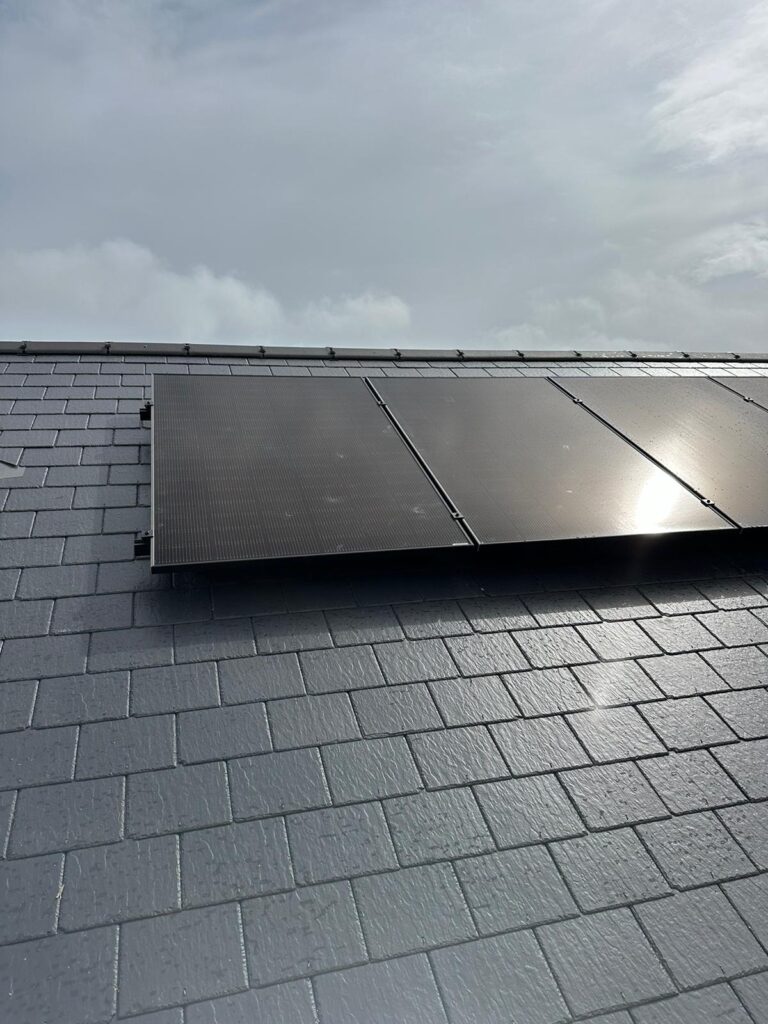
Other Support Available for Homeowners This Winter
If you’re concerned about managing your energy costs this winter, there are several schemes and financial aids designed to support households, particularly vulnerable ones:
- Energy Price Guarantee (EPG): Running alongside the price cap, the UK government’s Energy Price Guarantee offers further protection by limiting the unit price of energy. While it has been gradually phased out, some subsidies or caps may still apply if energy prices surge again unexpectedly.
- Winter Fuel Payment: Households with members born before September 25, 1957, are eligible for the Winter Fuel Payment, a one-off payment to help with heating costs. This can range from £250 to £600, depending on individual circumstances.
- Cold Weather Payment: For people on certain benefits, the Cold Weather Payment kicks in if temperatures drop below a certain level for seven consecutive days. Each payment is £25 per qualifying week, which can be a welcome relief during a particularly cold spell.
- Warm Home Discount: Low-income households or those on pension credit may qualify for the Warm Home Discount, which provides a one-off discount of £150 on electricity bills between October and March.
- Home Upgrade Grants: The government also offers grants through schemes like the Boiler Upgrade Scheme and Home Energy Scotland, aimed at improving energy efficiency. These grants can help cover the cost of installing solar panels, upgrading insulation, or fitting heat pumps, further reducing reliance on grid energy.
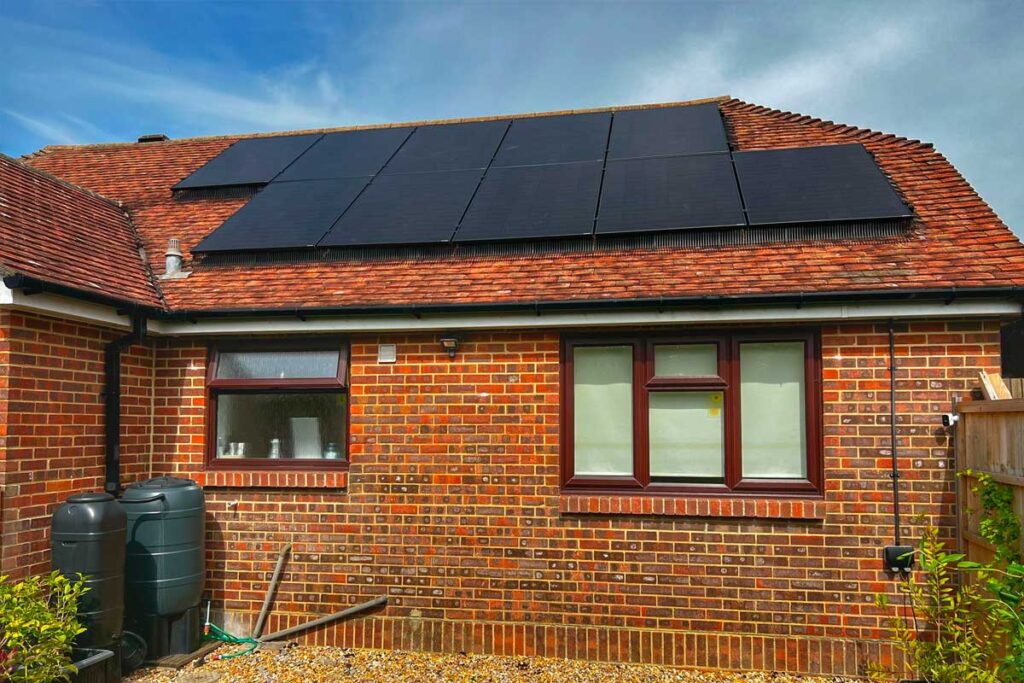
Why Now is the Perfect Time to Go Solar
With energy prices still high and the price cap unlikely to drop significantly in the near future, now is an ideal time to explore the benefits of solar energy. Not only will you save on your energy bills, but you will also future-proof your home against further energy market volatility. And with government incentives such as the SEG, installing solar panels is more affordable and beneficial than ever.
Investing in solar power is not just a financial decision—it’s a move toward energy independence, sustainability, and resilience in the face of changing energy markets.
If you’re interested in learning more about how solar panels can help you save, or if you’d like to explore financing options or grants, our team is here to help. Get in touch today to see how we can assist with making your home more energy-efficient this winter.
By taking control of your energy consumption now, you can stay ahead of rising prices, reduce your carbon footprint, and ensure your home is well-prepared for future challenges.

